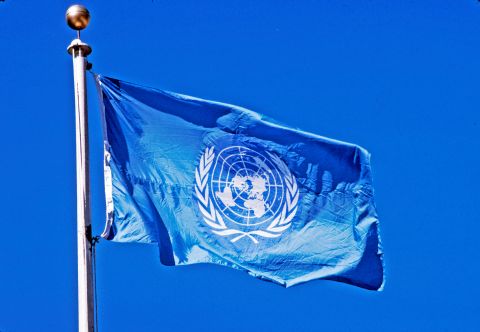The legacy of nuclear testing is “nothing but destruction,” and in a world of rising tensions, “our collective security depends” on bringing a global treaty into force that bans nuclear explosions, United Nations Secretary-General António Guterres has said.
The Treaty, known worldwide by the acronym CTBT, is a central pillar of international efforts to advance nuclear disarmament.
However, despite being widely supported – with 184 signatories and 168 ratifying States – it has not yet entered into force, more than two decades after its adoption.
The UN chief stressed that the CTBT is vital to ensuring there are no more victims; it is also essential to advancing nuclear disarmament.
The International Day against Nuclear Tests marks the closing, in 1991, of the nuclear test site in Semipalatinsk, Kazakhstan, the largest in the former Soviet Union. More than 450 tests took place there, with impacts still being felt decades later.
The Comprehensive Nuclear-Test-Ban Treaty Organization (CTBTO) is a Vienna-based international organization that will be established upon the entry into force of the CTBT. It will be tasked with verifying the ban and will operate therefore a worldwide monitoring system and may conduct onsite inspections.
The Preparatory Commission for the CTBTO, a UN partner forum, was set up in 1997 and consists of a plenary body composed of all States Signatories to the Treaty and a Provisional Technical Secretariat.
2010 marked the inaugural commemoration of the International Day against Nuclear Tests. In each subsequent year, the day has been observed by coordinating various activities throughout the world
United Nations
[Media Release dt. 29-08-2019]






